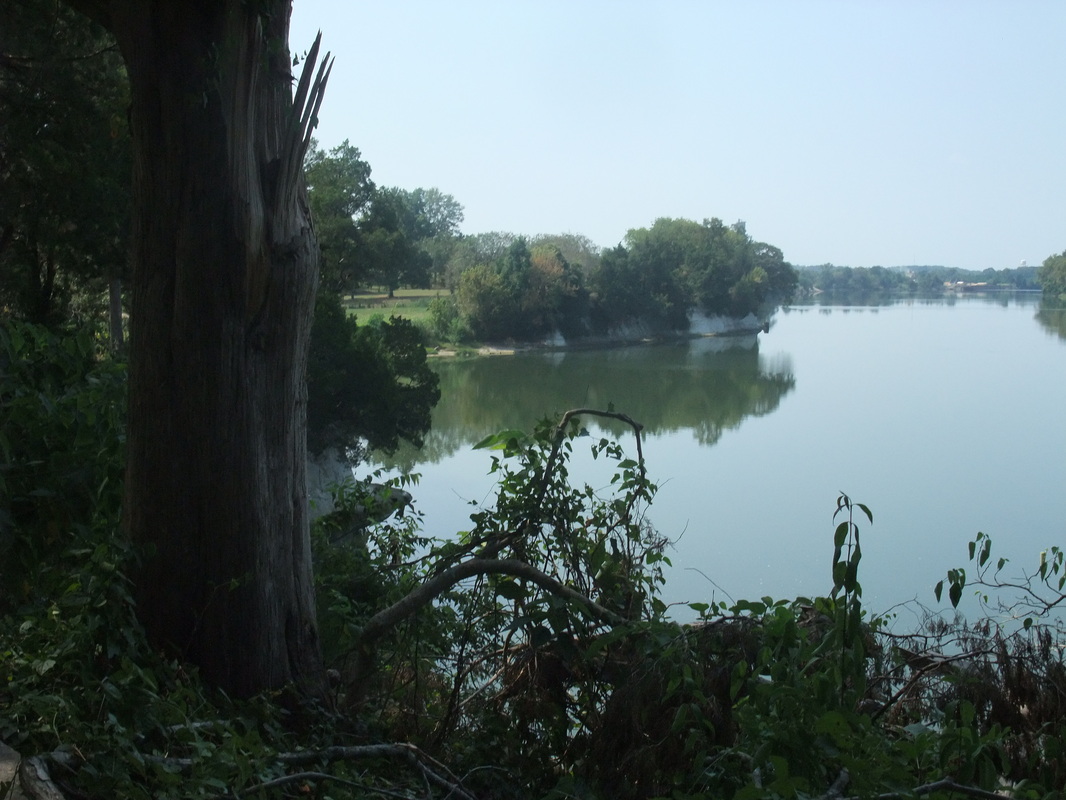
After my “Falling Leaves” post on October 25 I drove up to
Tuscaloosa to pick up a new pair of glasses, do some necessary foraging at Walmart and Sam’s, and have lunch with my sister. Thinking back on my post and noticing that the narrow-leaf sunflowers that had lined the highways 14, 60, and 69 the last time I made the trip had all but vanished, I found myself musing about time and its passage. This is a mood that sweeps over me every October with melancholy pleasure, come to think about it.
Had we but world enough, and time,
This coyness, lady, were no crime.
We would sit down and think which way
To walk, and pass our long love's day . . .
Not to be, of course.
But at my back I always hear
Time's winged chariot hurrying near . . .
In Sondheim’s wonderful (one among many) song in Sunday in the Park with George, George’s mother muses on the passing of time:
Changing . . .
It keeps changing
I see towers
Where
there were trees -
Going,
All the stillness
The solitude,
Georgie -
Sundays
Disappearing
All the time
When things were beautiful . . .
(George of course replies to his mother’s complaint in quite a marvelous way, and if you don’t know what that is, you really should seek it out.)
Shakespeare’s Richard II gets into the act (well, no surprise there):
O, call back yesterday, bid time return.
The Reverend Jeremy Taylor got his two bits in:
Make use of time, if thou valuest eternity. Yesterday cannot be recalled; to-morrow cannot be assured; to-day only is thine, which, if thou procrastinatest, thou losest, which loss is lost forever.
(Wonder if he knew Mr. Marvell. Or maybe such thoughts were just in the air in those days. As they are in later times.)
A.M.W. Ball certainly had this to say:
Backward, turn backward, then time in your flight;
Make me a child again just for tonight.
Mother, come back from the echoeless shore,
Take me again to your heart as of yore.
And we mustn’t forget Robert Herrick:
Gather ye rose-buds while ye may,
Old Time is still a flying,
And this same flower that smiles to-day,
To-morrow will be dying.
Ah, carpe that diem!
I could go on and on, but like the jolly old masturbator said, “Enough’s enough. After a while you’re beating a dead horse.” So now let’s close this bit down with a quotation from Thomas Carlyle’s Heroes and Hero Worship:
That great mystery of TIME, were there no other; the illimitable, silent, never-resting thing called Time, rolling, rushing on, swift, silent, like an all-embracing ocean tide, on which we and all the Universe swim like exhalations, like apparitions which are, and then are not: this is forever very literally a miracle; a thing to strike us dumb,—for we have no word to speak about it.
(Not that that ever shut up a poet. Or me.)

 RSS Feed
RSS Feed